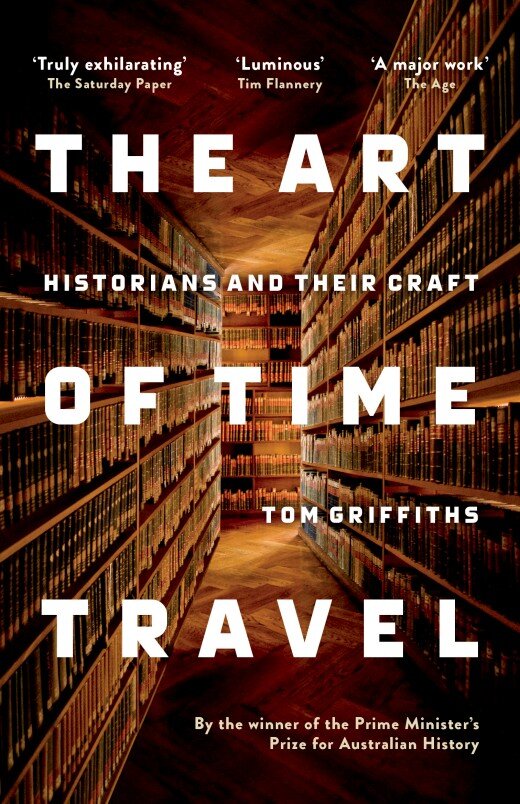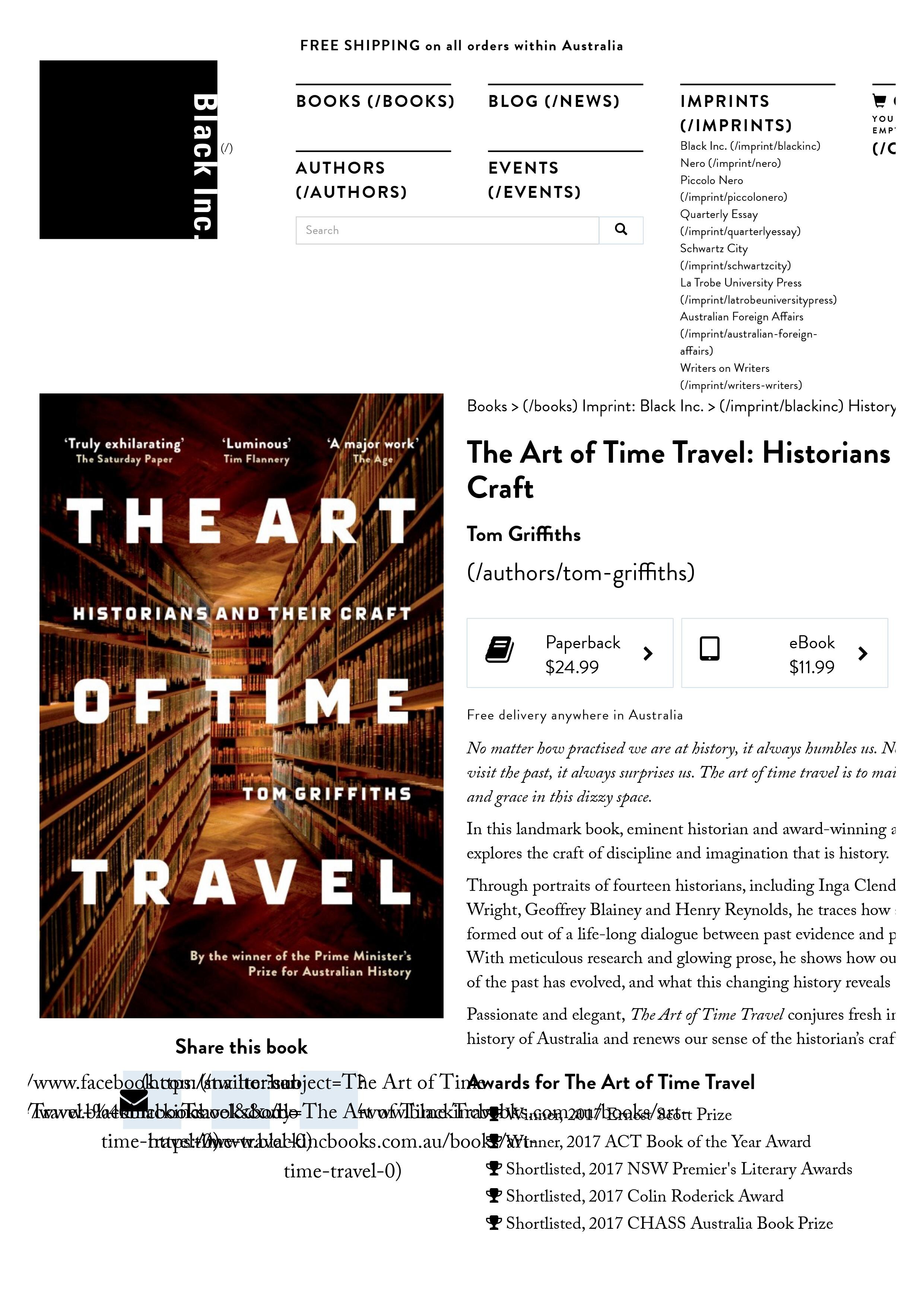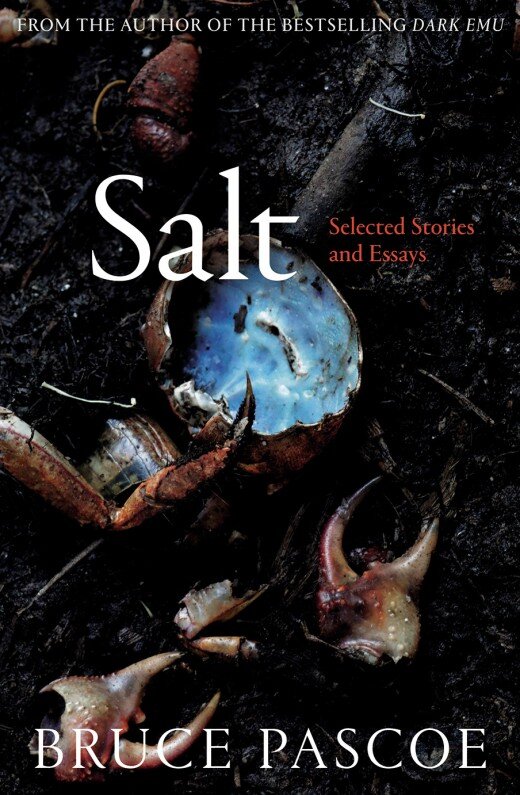Does Professor Tom Griffiths Have a Conflict of Interest in Reviewing Bruce Pascoe's Dark Emu?
An Open Letter to Professor Tom Griffiths
Emeritus Professor of History at the Australian National University, who’s most recent book is, The Art of Time Travel (Published by Black Inc., 2017).
Dear Professor Griffiths,
Many of the supporters of Mr Bruce Pascoe and his book Dark Emu, are directing us to your recent essay/reportage, “Reading Bruce Pascoe”, published on-line at Inside Story, in the misguided belief that it provides enough counter argument to invalidate our critique of Mr Pascoe’s book, Dark Emu, as detailed on our website Dark Emu Exposed.
We beg to differ and find that your article provides no convincing arguments to support the fact that Australian Aboriginal society was anything other than a hunter gatherer one. It was definitely NOT an agricultural society as has been documented by many of the academics, which you yourself refer to in your essay, viz. John Mulvaney, W.E.H. Stanner, Norman Tindale, Harry Allen, Rupert Gerritsen and Tim Flannery.
But during our analysis of your article we discovered something that is potentially very concerning. It would appear that your positive and supportive essay on Bruce Pascoe and his Dark Emu book may leave you open to allegations of a Conflict of Interest given that, both you and Mr Pascoe appear to share the very same publisher, Schwartz Publishing, who owns Black Inc., the publisher for your new book, The Art of Time Travel, as well as Mr Pascoe’s new book, Salt. Indeed, we also notice that you refer favourably to Mr Pascoe’s new book, Salt, some six times during the course of your essay. Disturbingly, we could see no Disclosure of Interest statement in your essay that both you, and the subject of your essay, Mr Pascoe, share the same publisher on presumably a commercial basis, details of which we show below.
It is our understanding at Dark Emu Exposed that Professors in the Academy, journalists and reporters are bound by a professional Code of Ethics, which requires members to disclose to the reader any conflicts, whether they be pecuniary or ethical, that may arise, or be seen to arise, in their writings, in their relationships with third parties, or with the subjects of their work.
“When it comes to conflicts of interest in journalism – whether real, potential or perceived – the rules are usually simple. They’re framed around the principle that audiences (and management) need to know if a reporter, presenter or editor might be influenced by any commercial or personal relationship with another individual or organisation.” (our emphasis)
- Martin Hirst, Associate Professor Journalism & Media, Deakin University, The Conversation, 19/6/2015.
For the general public to feel confident that high professional and ethical standards are being maintained within academia, we feel that, should you agree that our observations are valid, then you would add a Disclosure of Interest phrase, or similar, to your on-line article as soon as practicable.
Roger Karge, Editor, Dark Emu Exposed
Tom Griffiths is the W K Hancock Professor of History at the Australian National University.
He is published by Black Inc Books
Bruce Pascoe is an award-winning writer and a Yuin, Bunurong and Tasmanian man. He is a board member of First Languages Australia and Professor of Indigenous Knowledge at the University of Technology Sydney. In 2018 he was named Dreamtime Person of the Year for his contribution to Indigenous culture.
He is published by Black Inc Books












